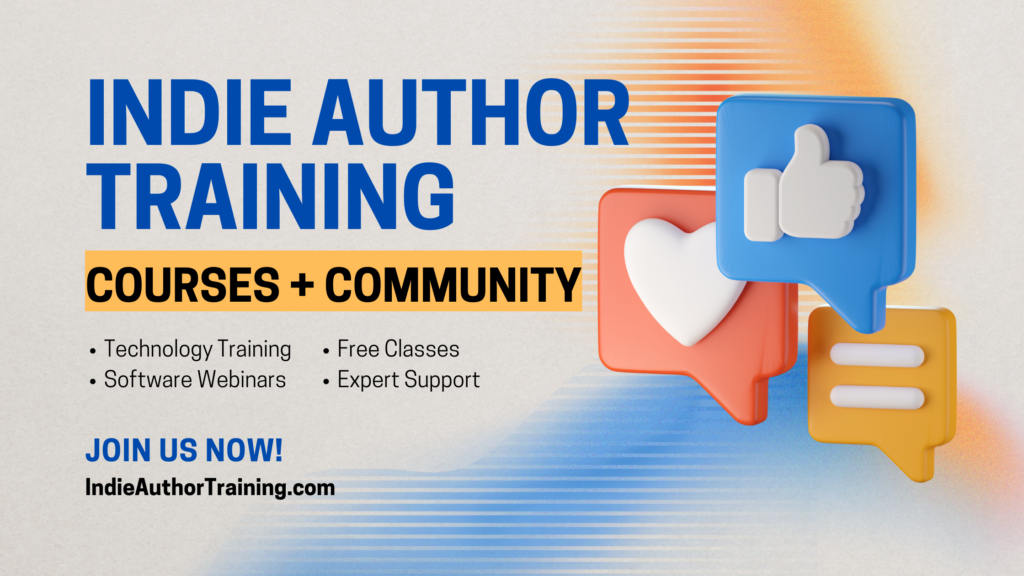Writing for Middle Grade
Middle Grade, an age-based story category, exists across multiple genres. Whether fiction or nonfiction, fantastic or realistic, historical or contemporary, these stories are generally written with ages 8-12 in mind, although they may also appeal to teens and adults who enjoy short, uncluttered, fast-paced stories focused on young protagonists.
This category runs along a continuum from Lower to Upper Middle Grade, reflecting the full range of developmental and maturity levels found among Middle Grade readers. On the Lower end, Middle Grade stories overlap with chapter books for beginning readers of 7-9 years old. On the Upper end for ages 10 and up, Middle Grade stories can present subject matter as challenging, vocabulary as difficult, and sentence structures as complex as Young Adult works.
Most tropes of science fiction, fantasy, horror, mystery, and other genres also apply to genre works in the Middle Grade category. However, the considerations of the category may supplement and modify those tropes into more age-appropriate forms.
Kids and Animals Rule
Generally, Middle Grade readers prefer reading about characters who are slightly older than themselves. The sweet spot for third graders is to read about fourth graders, fourth graders prefer to read about middle schoolers, while middle schoolers are endlessly curious about high schoolers.
Adult protagonists of Middle Grade books are rare, with the notable exception of anthropomorphic animals who, being so cute and cuddly, can hold jobs, own homes, drive cars, and achieve other trappings of adulthood while still maintaining the interest of young readers.
Short and Sweet
Middle Grade books tend to start with a hook, run at a fast pace, and conclude their plots with few flashbacks, digressions, subplots, or distractions. As a result, these books tend to be shorter and more craft-focused than YA or adult books.
Middle Grade readers have less patience for slow-burn openings. If the first sentence doesn’t grab them, they often won’t stick around for the second. Short chapters with page-turner endings, short paragraphs, and sentences of variable length help to keep these readers engaged. These books are also more likely than YA or Adult books to include illustrations.
Middle Grade vs Young Adult
The line between Upper Middle Grade and YA is notoriously fuzzy. Character ages and subject matter may be suggestive, one way or the other, but many critics rely on thematic distinctions.
Middle Grade protagonists, like many preteen readers, tend to be most acutely focused on figuring out who they are and where they stand in relation to peers and family members. In contrast, Young Adult protagonists, like many teen readers, tend to be most acutely focused on where they fit into their societies and the world at large.
A Middle Grade protagonist discovering that she has magical powers might focus on how those powers affect her sense of self. If she decides to keep the powers secret, she’ll have to deal with what it means to hide an important part of herself from the world. She may agonize over how the powers disconnect her from old friends, or celebrate how they connect her to a new set of powered peers.
Meanwhile, a YA protagonist discovering similar abilities might be more invested in navigating the shift her powers might cause in the power dynamics of her society.
Thematic trends aside, the line between Upper Middle Grade and YA is often drawn by a publisher’s choice in cover art or a marketing slant that puts a book on one shelf instead of the other. And individual readers of any age may be naturally drawn to some story types over others.
Final Considerations
Because Middle Grade books are most often read during a reader’s formative years, they have great impact and can easily become lifelong favorites. And because new readers are constantly entering the Middle Grade range as existing readers move on to YA and Adult books, these books have the potential for a long and evergreen shelf life.
-30-
Sidebar: Middle Grade Considerations
1. And They’re Off! – Since Middle Grade readers won’t wade through an exhaustive backstory, Middle Grade books often start in the middle of the action or with a sense of urgency.
2. Yer a Wizard, ’Arry – A Middle Grade protagonist will often discover a previously secret identity that they must incorporate into their existing sense of self.
3. You’ve Got to Have Friends – Peer relationships are important to most Middle Grade books, including topics that range from friendship formation to friendship maintenance to bullying.
4. Can You Hear Me Now? – Writers often remove young protagonists from their guardians for long enough to have a proper adventure. Increasingly, in contemporary settings, this requires disabling a mobile phone.
5. Family Matters – Even when family members are absent, Middle Grade protagonists will incorporate family expectations and obligations into their self-identities.
6. Back in My Day… – Adult protagonists reminiscing about childhood memories through a hazy gauze of nostalgia don’t count as child protagonists, and will repel most Middle Grade readers.
7. Underwear, Toilets, and Farts – When looking for age-appropriate humor, some classics never go out of style.
8. The Problem Book – Middle Grade stories that present a character realistically dealing with a problem in a non-didactic way can be important tools for readers facing a similar problem.
9. Windows, Mirrors, and Sliding Doors – Middle Grade books featuring diverse characters and reflecting the experiences of diverse voices give readers a sense of inclusion, an opportunity to see themselves in an active role, and a safe space to explore our multicultural world.





